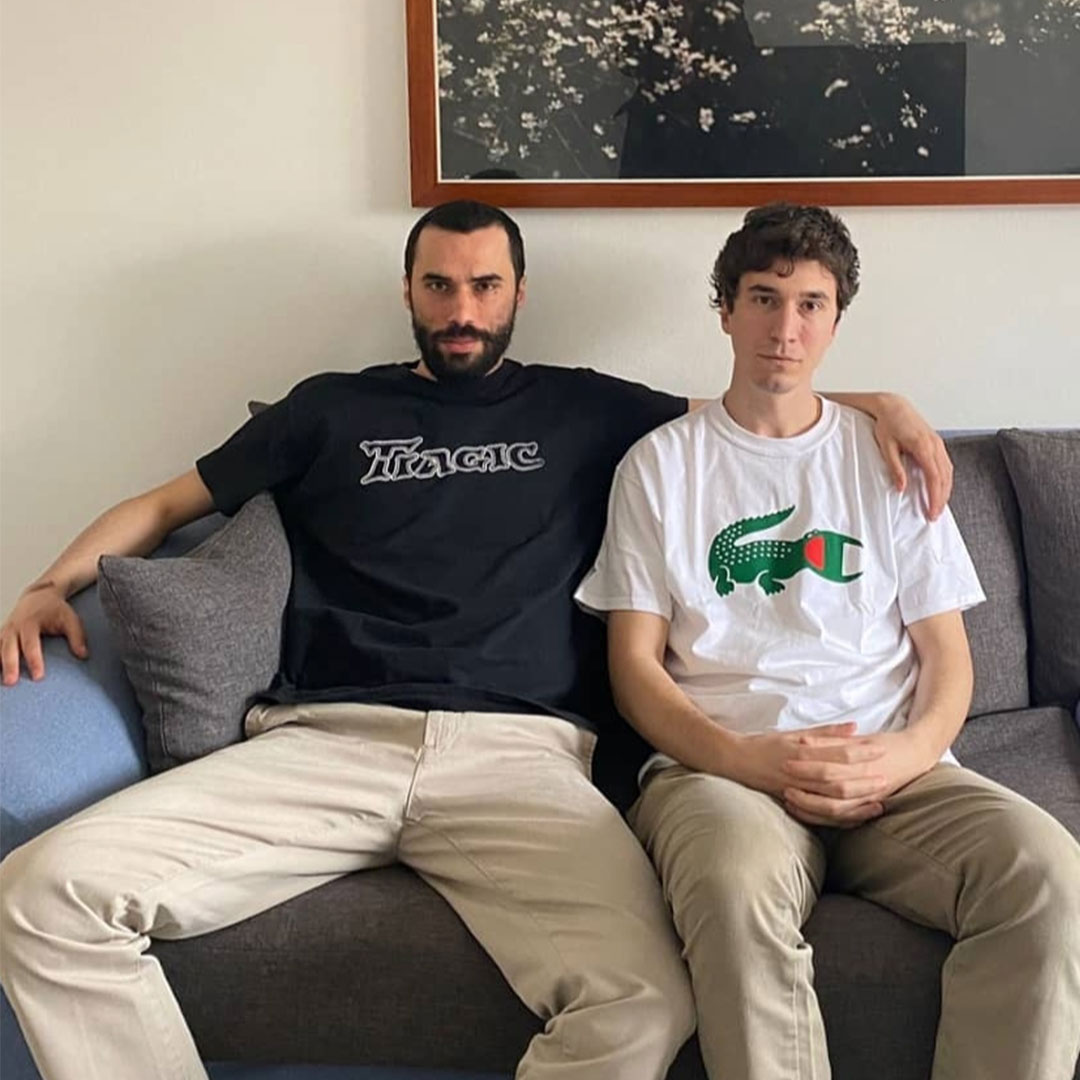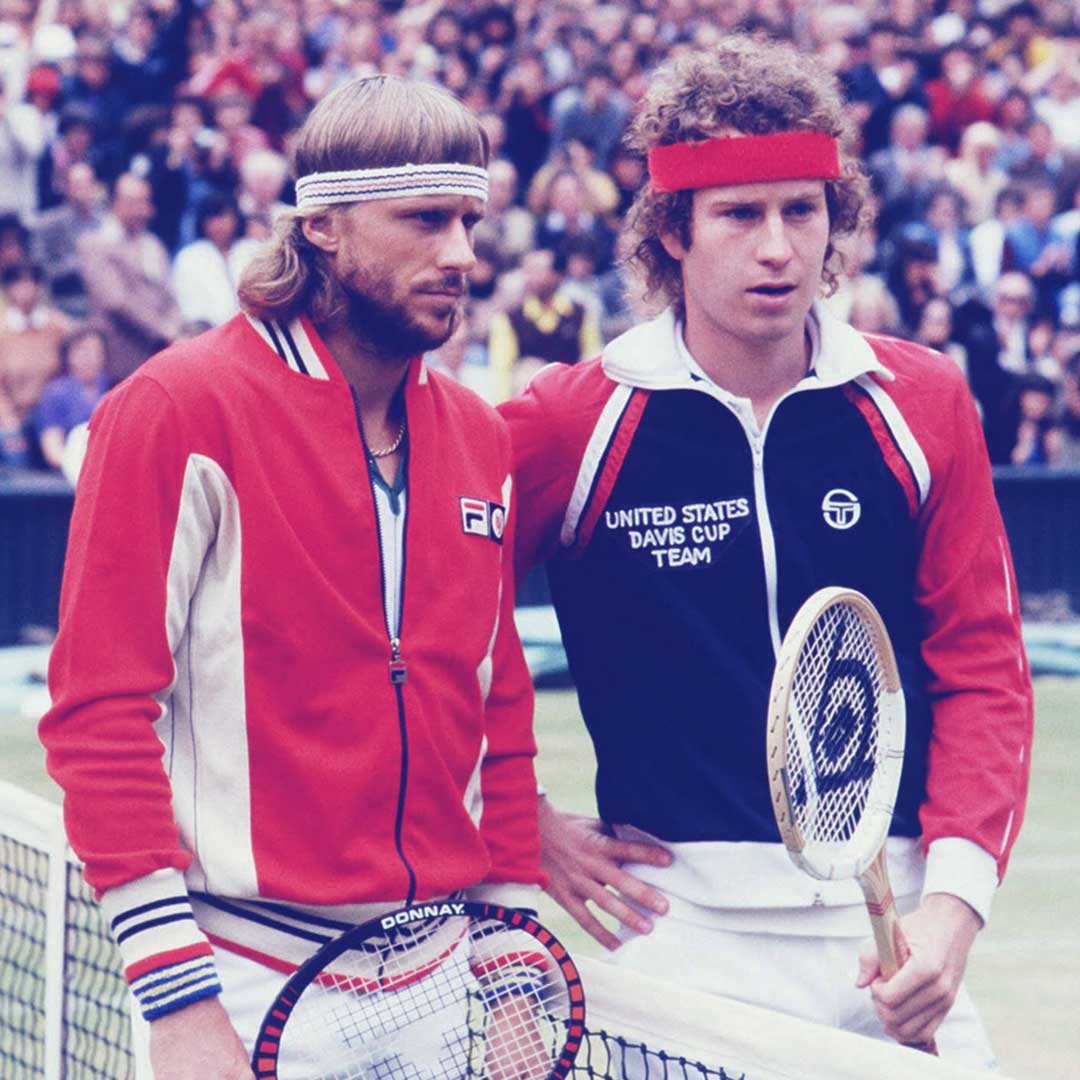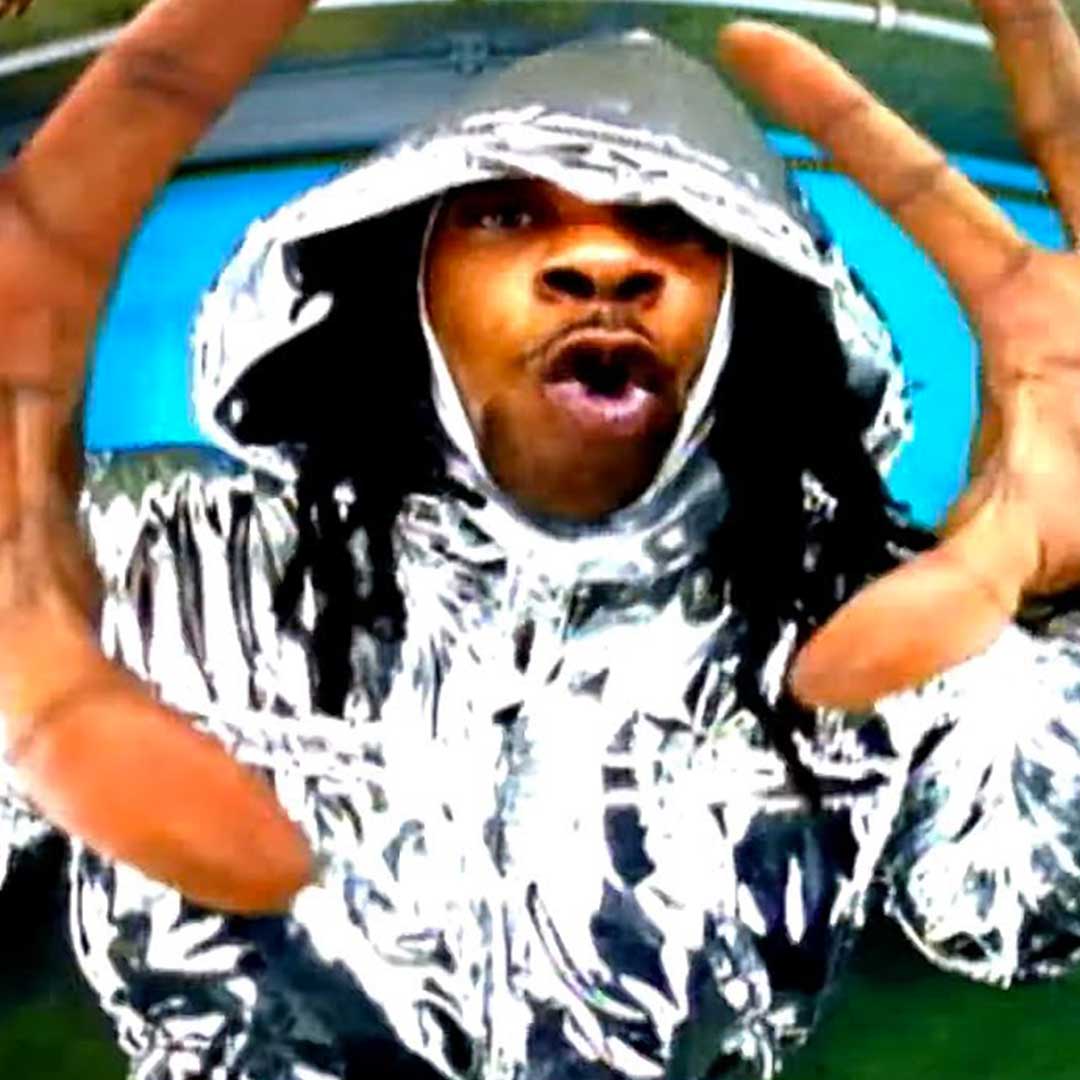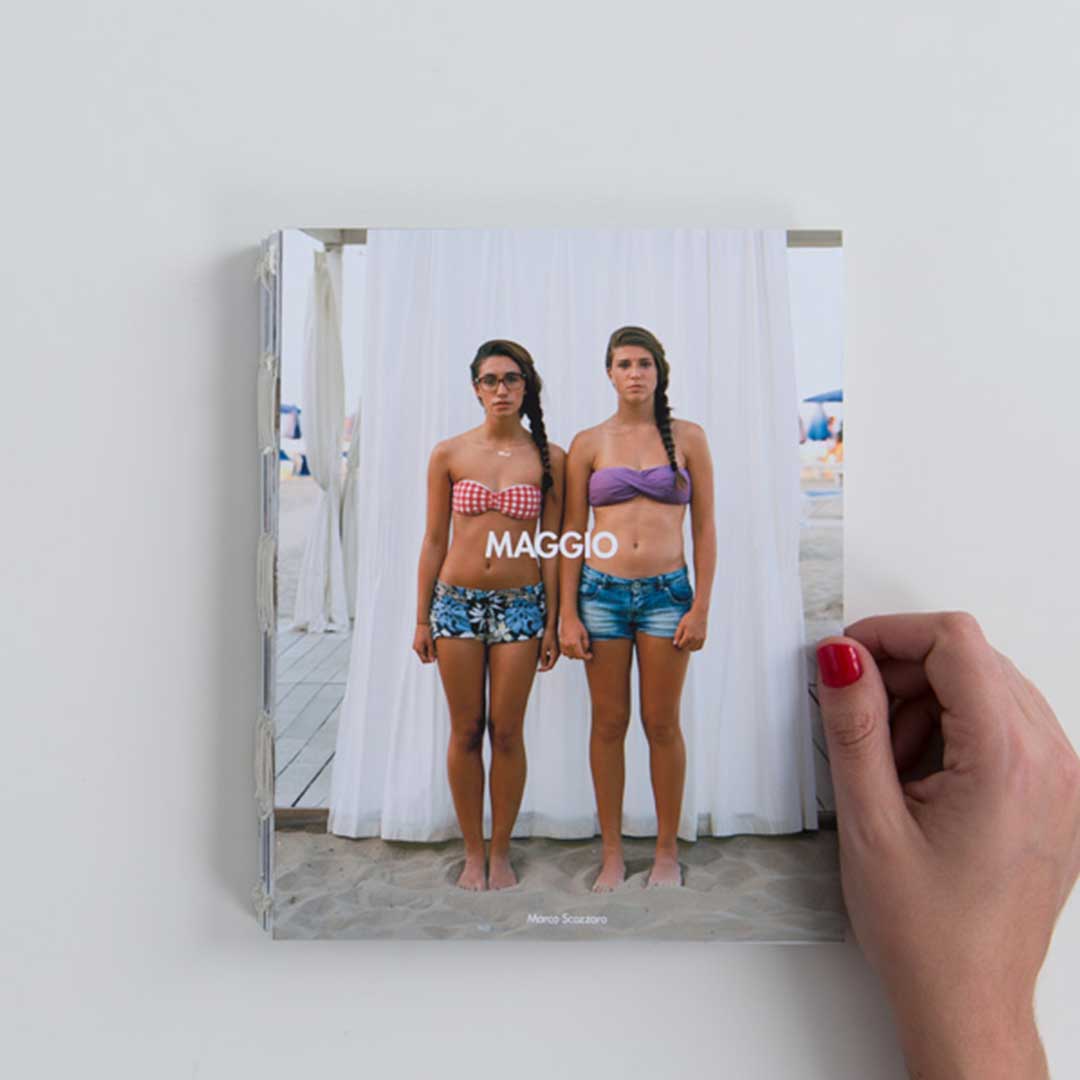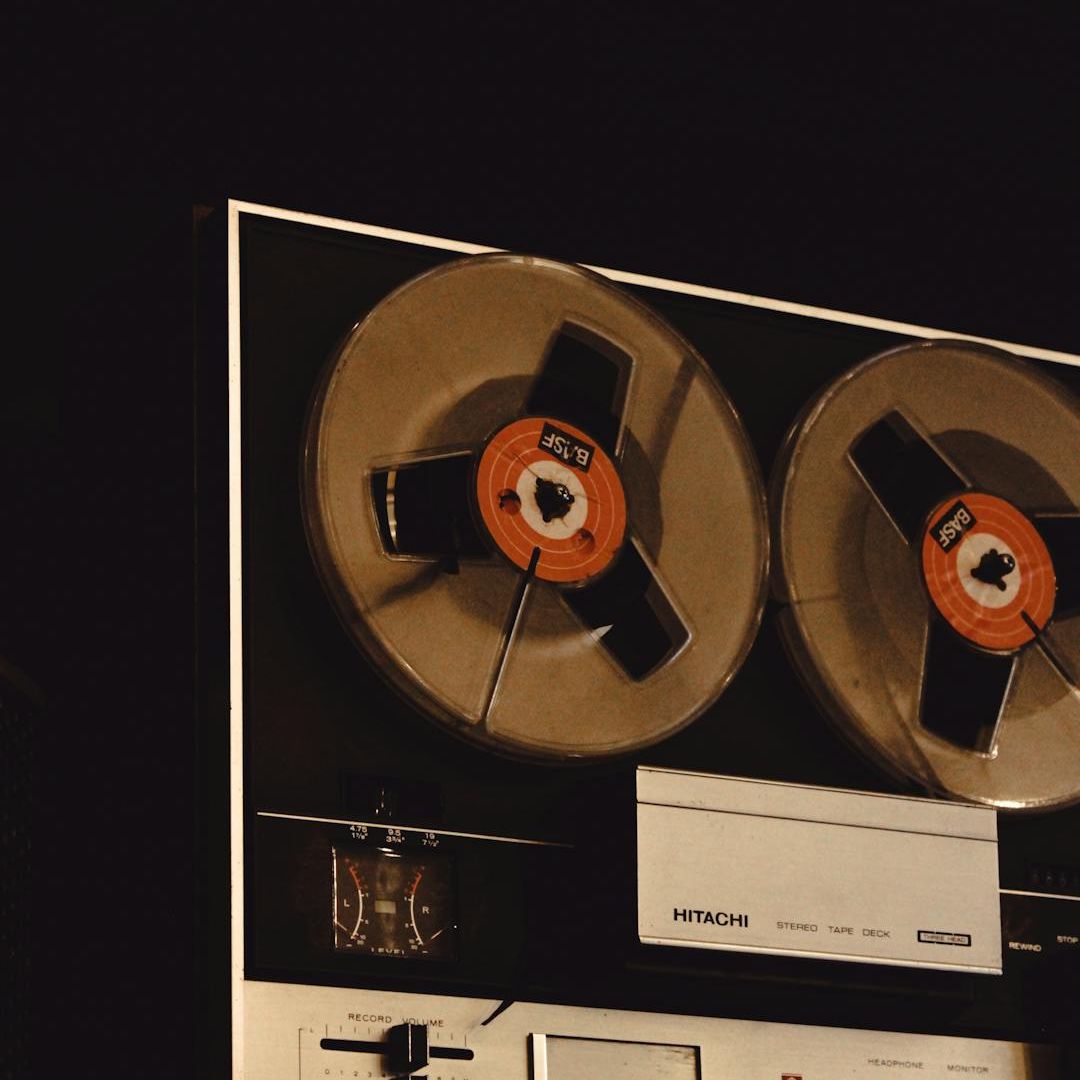Spalato Wyale is an imprint of quality in the Italian underground, thanks to a strictly Hip-Hop vision.
One of the pillars of Hip-Hop culture in Europe, and particularly in Italy, unquestionably comes from that slightly punk way of do-it-yourself. Perhaps inventing things serves and served to fill a gap, not only in terms of means but of the cultural horizon.
After all, upsetting the stat quo is (was?) one of the pillars of the beloved culture that we try, in our own way, to perpetuate and honour on these pages, isn’t it? Changing meanings to already existing things, or appropriating already existing fragments and giving them new life (as in the case of sampling) is somewhat the very essence of hip-hop and the cultural continuum linked to it, from its origins to today.
For this reason, on the occasion of their umpteenth musical release, we wanted to have a chat with our friends from Spalato Wyale, in the person of Filippo Papetti, co-founder of the indie brand responsible for tasty rip-offs over t-shirts and sweaters, and fat tapes.
Hip-hop head, indie journalist and cultural agitator from the Romagna hotbed – according to someone, Romagna is like the California of Italy, for that mix of hardcore punk, skateboarding and hip-hop – we had a chat with Filippo to talk about wrong ideas and the parable of Spalato Wyale.
Enter the diverse and vibin’ work and world of Papetti Bros., y’all.
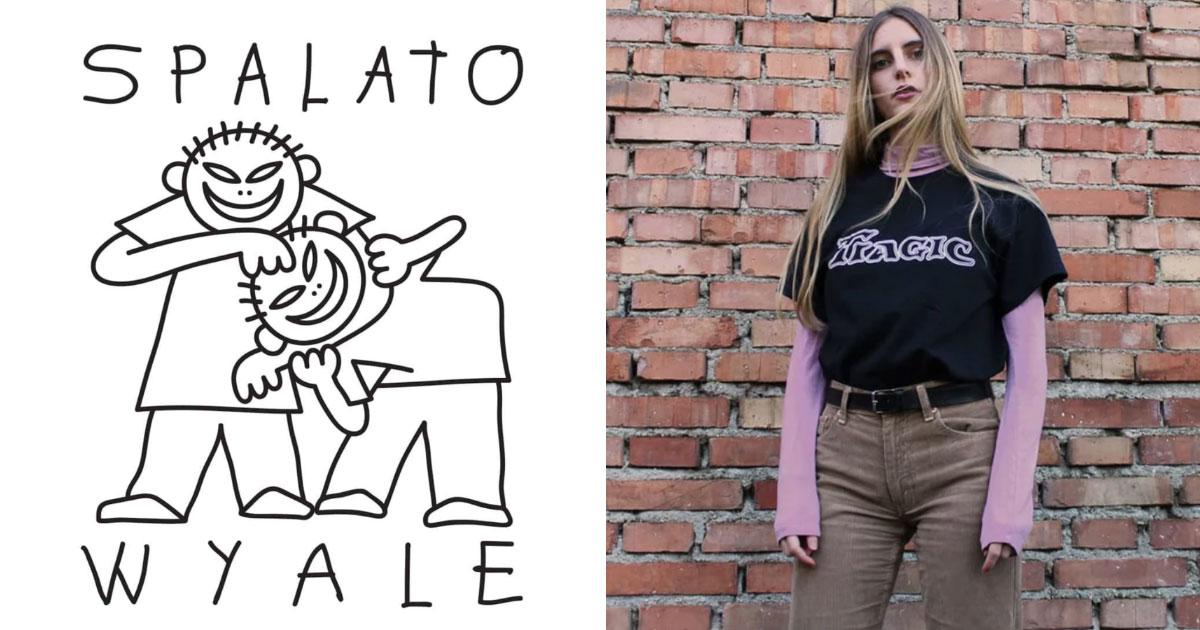
Spalato Wyale logo (L) and one of their most known rip-off t-shirts (R)
Welcome home, Filippo. Let us just start from the very beginning. How was Spalato Wyale originally born? What are the background and paths of both founders?
Spalato Wyale has always existed, because I and Michele are brothers, and even before Spalato Wyale, we were already Spalato Wyale. The project was actually born in 2015, simply to market an idea of Michele’s, and make a t-shirt out of it.
Then it evolved, we did other things and it also became a small independent label, which was something I actually wanted to do from the very beginning. I’ve always been fascinated by the world of indie labels, and I’ve always mingled with the Italian hip-hop scene and crowd.
I wanted to work with musicians for many years. On top of that, I wrote for a long time for various magazines and online websites, whilst my brother is a painter and illustrator.
In unsuspecting times (read: before the hype) you started producing cassette tapes with different and very accurate music. Why this choice?
Mainly because you can make very short runs, and without waiting too long. I have been buying music on cassettes for about ten years now, especially from unknown labels, discovered by chance.
And the musicians who collaborated with us are cassette heads; think of the likes of Delphi, or Primo Zanasi, the magnetic tape is their natural dimension, it is a poor format, in a way, but rich in meaning and poetry. And slowly, all the artists we’ve collaborated with, even if in some cases we wanted to make vinyl, all opted for tape.
Cassettes were almost a fallback, at the beginning of our adventure, compared to pressing vinyl big plans, and a shelter for the expressive urgency we had. Then the cassette has a flavour all of its own: even when we used them back in the day, they were kind of a stopgap.
It would be nice to make pieces on vinyl, but my hip-hop DIY ethic leads me to keep my feet on the ground, and have to deal with distributors – although as a user it’s cool, and I myself have wonderful memories compared to micro pioneering distributions from the 90s, like Ubersmaz or Riskin’ Worldwide – working there as a supplier is very different. Then the record market, never mind, has now become impossible to deal with.
Cassettes have also their own aura of undeniable ugliness. Objectively, they are uncomfortable, and ugly to look at, and they risk breaking, jamming, and whatnot, but they are cool. Point blank. Now they are becoming fashionable, majors will probably start printing Emma Marrone (Italian pop garbage, note of the Author) too, and the magic will disappear a little. This means we’re going to start making CD-Rs.
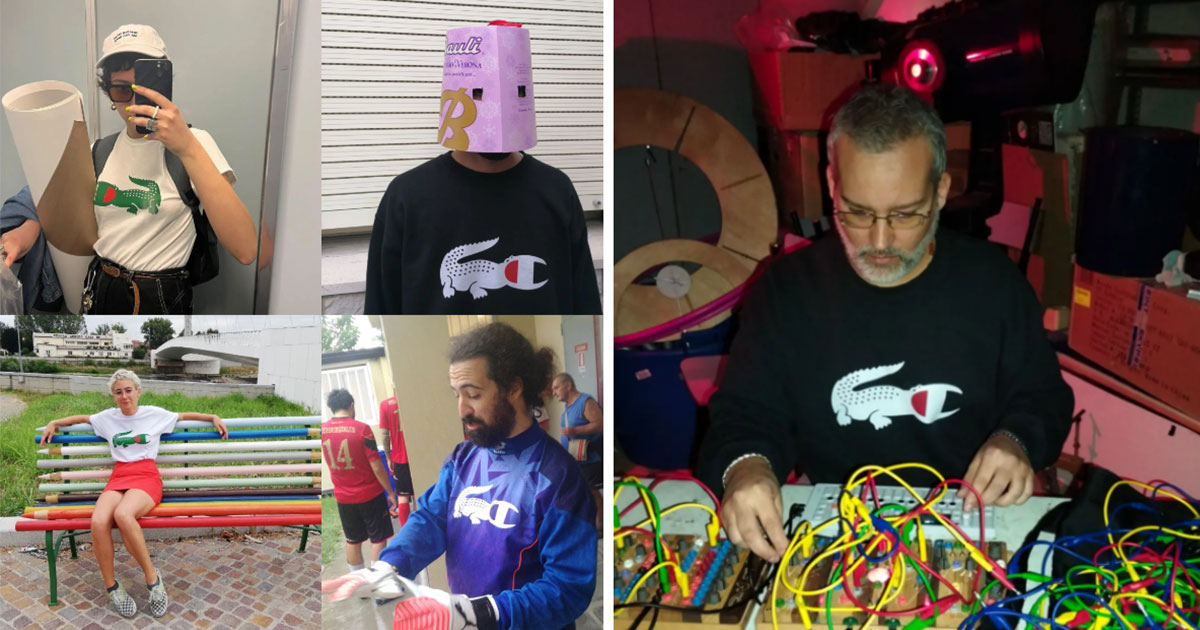
The burgeoning community of Spalato Wyale (L), including Primo Zanasi (R)
Your hip-hop roots and approach got you often confused with the “meme culture” and whatnot. In particular, with the so-called meme-modernism and post-modern expressive ways. What is your take on the affinities and divergences of Spalato Wyale with it?
“Meme-dernism” is a sort of category invented by the researcher Michele Galluzzo. He had also mentioned us, as Spalato Wyale, initially, together with many other groups and independent realities, in some university reports, as examples of meme subculture.
He wrote really interesting things about how modified logos have an impact on the surrounding reality. The concept of the rip-off and the semantic decontextualization with respect to the original meanings have been a dear and key theme of a good part of hip-hop production since practically always, it has existed in itself way before the memes themselves.
Then I didn’t quite understand what the good Galluzzo meant with the term “meme-modernism”, but almost like everything in “–ism” the word sounds good, and it was somehow saddled with us for a couple of now historic rip-offs of our first t-shirts.
The modified logos, let’s call them by their name, in hip hop it was already done a long time ago. Examples, even in Italy, abound. At a certain point, this thing has become mainstream, and trendy, but for different reasons than the original versions, also in a context like the old-school hip-hop.
It is simple, effective stuff, and in many moments significant, because it implies a gesture of re-appropriation with respect to the original, whose meaning is often distorted. That is the main link with the post-modern, evidently, for the overcoming of the original meaning, but in the end, the post-modern has pissed off.
What are you currently listening to, as of late?
At work, I listen to 7-8 hours of Spotify playlists, commercial stuff or worse. So at home, I put on a few songs at most. I can’t keep up with everything that comes out again, I don’t know.
I buy records anyway, I love digging, but then I don’t listen to them, I’ll have fifty records left to listen to. A terrible situation. When I go running I mostly listen to podcasts, like wrestling stuff.
My relationship with music has changed a lot in recent years, and it’s something that made me suffer because for a long time, I’ve always listened to a lot of music and I was always on track. Not anymore.
However, this thing is helping me to understand and empathize more with the “average” listener – which is what a label must aim for when producing a record, even if it produces some very strange stuff – who is totally unrelated to the dynamics of insiders.
I tried to put myself in a different perspective, also to help me sell the tapes I produce, and I understood that it is still important to propose and absorb different things, not necessarily novelties.
I listen to records that aren’t necessarily “new“, or “fresh” in the sense of recent, but that have something to say, and not having much time I’m more open to different listening. Like a record released two years ago by a jazz musician who gave his best twenty years earlier. Do you understand what I mean?
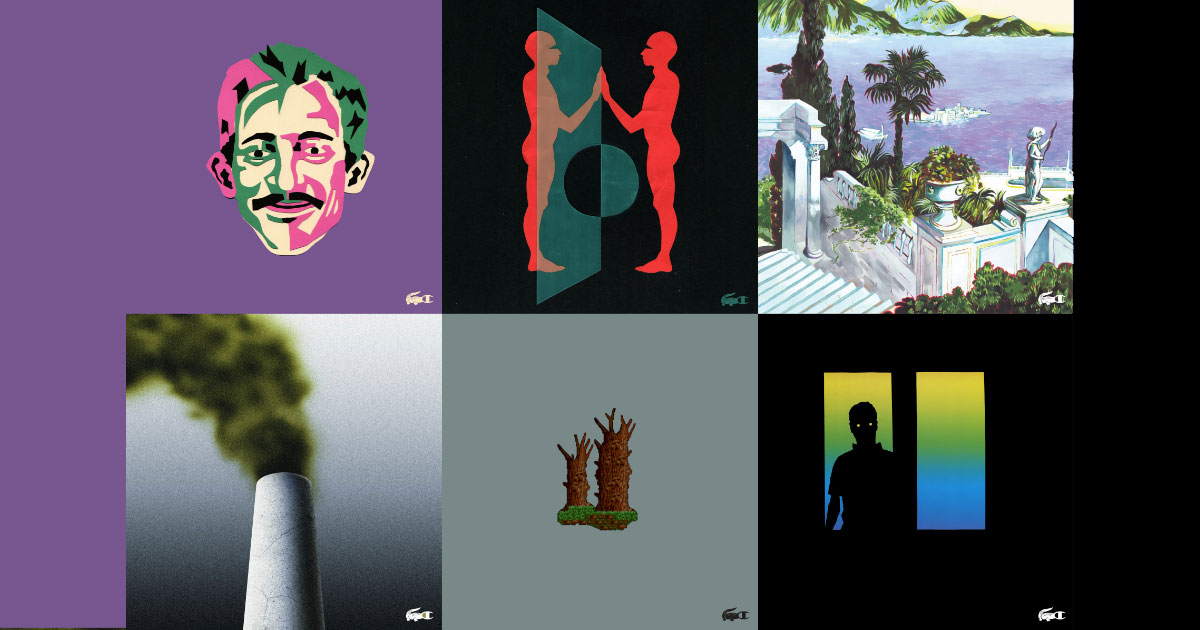
Cassette tapes artworks from the Spalato Wyale catalogue
What have you released recently, as Spalato Wyale?
The latest release is called “Equinox“, by Lucio Carato, who is a music producer from Bologna already known on these pages, with another name. In my opinion one of the best things we released, both in terms of music and artwork.
Then there is “Fenomeno” by Delphi, which is something a little different because it was created in collaboration with two fantastic realities such as L’Ultimo Uomo (the most-read sports site in Italy) and Fenomeno, the podcast linked to the team. A project built in a week, and almost sold out in a few days.
Finally, we co-produced the debut album of Drugo from Banana Spliff, a rapper and a person we respect very much and who had already participated in the Delphi remix album with a beautiful verse.
What are the “under-the-radar” stories to follow these days, in your opinion?
Everything that has to do with Artificial Intelligence, and above all the reactions of public opinion to it. We are only at the beginning and already everything seems to be changing.
Another very interesting phenomenon is the end – supposed or not – of Social Media as we know them. Let’s face it: social networks have ruled our minds for the last 10 years. Now it seems that the grip is loosening. Spalato Wyale for example would never have existed without Instagram. What happens next?
Speaking of social media, going back to Spalato and its community, are any crazy stories related to any of the releases?
Actually, almost none, if you’re referring to tapes. Many, many more anecdotes related to t-shirts. Many, but nothing else can be said. Suffice it to say that I met my actual carer thanks to a tape.
A message to the nation, and we’re off.
I would like to thank once again the artists who have published things with us. I have listened to all our releases to exhaustion, and they are the records that most marked the last years of my life. So thank you.
